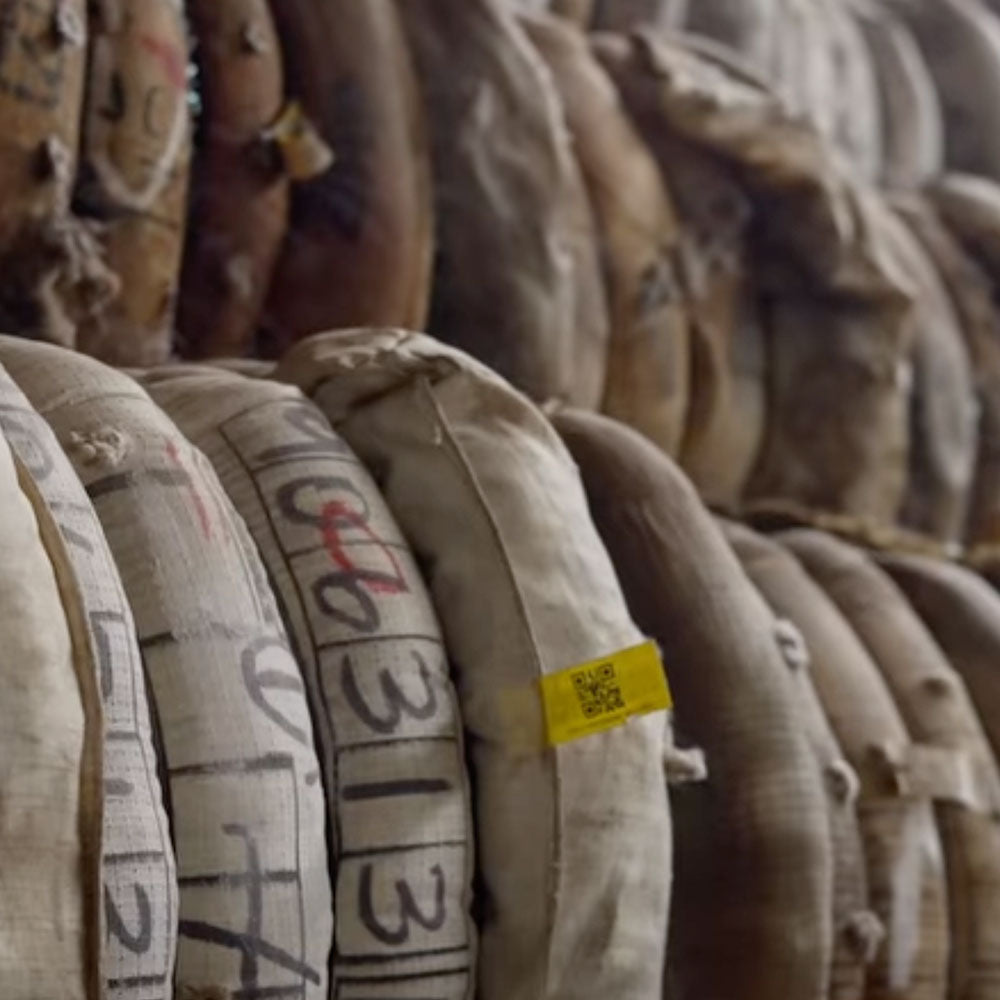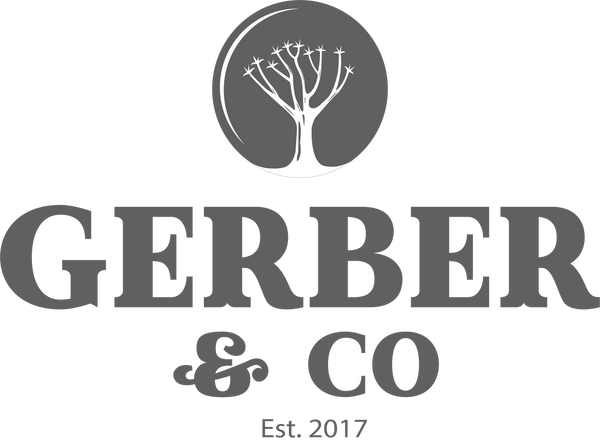
Gerber & Co is reviving the textile industry in Paarl
Share
Gerber & Co is reviving the textile industry in Paarl by placing job creation, sustainability, and the production of high-value items with low value input at the core of their enterprise. For founder, Stefan Gerber, sheep-to-shop is the only way to“My grandfather taught us one valuable lesson: when you are poor, you buy expensive shoes and the most expensive suit for church so that it will last you for 20 years. That is our view on our garments as well. You can wear it for 20 years, and your grandchildren can still inherit that garment,” says Stefan.
While they produce high-end wool garments, Gerber & Co’s story is one of somewhat humble beginnings and innovation, born out of necessity during the 2019 drought in the
Western and Northern Cape. The drought had a severe impact on the Gerber farm, which is located in Namaqualand in the Northern Cape. “It came to a stage where we had one of three options: selling our flock, firing our staff, and locking the gates; renting out our farms; or the third one, adding value to what we have,” says Stefan, who co-owns the business with his wife, Francisce.
He explains that, with the help of his wife, a chef, they decided to take low-value input and convert that into high-value items. The couple set their sights on establishing a shop in Simondium outside Paarl, driven by the desire to showcase the uniqueness of their product. “We then decided to make a jersey,” says Stefan, emphasising that wool is an investment and not an everyday consumable that can just be mass-produced if the end goal is to produce a high-value item.
Gerber & Co adheres to sustainable wool scouring, low-waste processing, and high quality garment production. According to Stefan, just one of their garments saves about six times the carbon output of a conventional and mass-produced product.
The company’s model prides itself on taking wool from farm to shelf in just eight weeks. He highlights the efficiency of this process by explaining that “the kilometres travelled by conventional wool garments amount to about 48 000, whereas for a Gerber & Co garment, from our factory, it is only around 8 000.” Robin Newman, managing director at Gerber & Co Knitting, elaborates: “We get the wool in cone form, and from there, it leaves our premises as a garment, whether it be a jersey, beanie, or whatever knitted product you want. Anything that can be knitted, we can produce.” Robin says Gerber & Co’s vision is to invest in the local government and the community by creating jobs, with the company already employing numerous Drakenstein locals. “Fundamentally, our objective at Gerber & Co is to create jobs and boost the local economy and spending power to sustain business and investment,” says Stefan, explaining that the company is dedicated to working with Drakenstein Municipality and the surrounding communities.
Stefan Gerber, founder of Gerber & Co, believes in sustainability at every step in his business. Gerber & Co adheres to sustainable wool scouring, low-waste processing, and high quality garment production. According to Stefan, just one of their garments saves about six times the carbon output of a conventional and mass-produced product.
The company’s model prides itself on taking wool from farm to shelf in just eight weeks. He highlights the efficiency of this process by explaining that “the kilometres travelled by “For us, our end goal is to add value to anything we do.”
